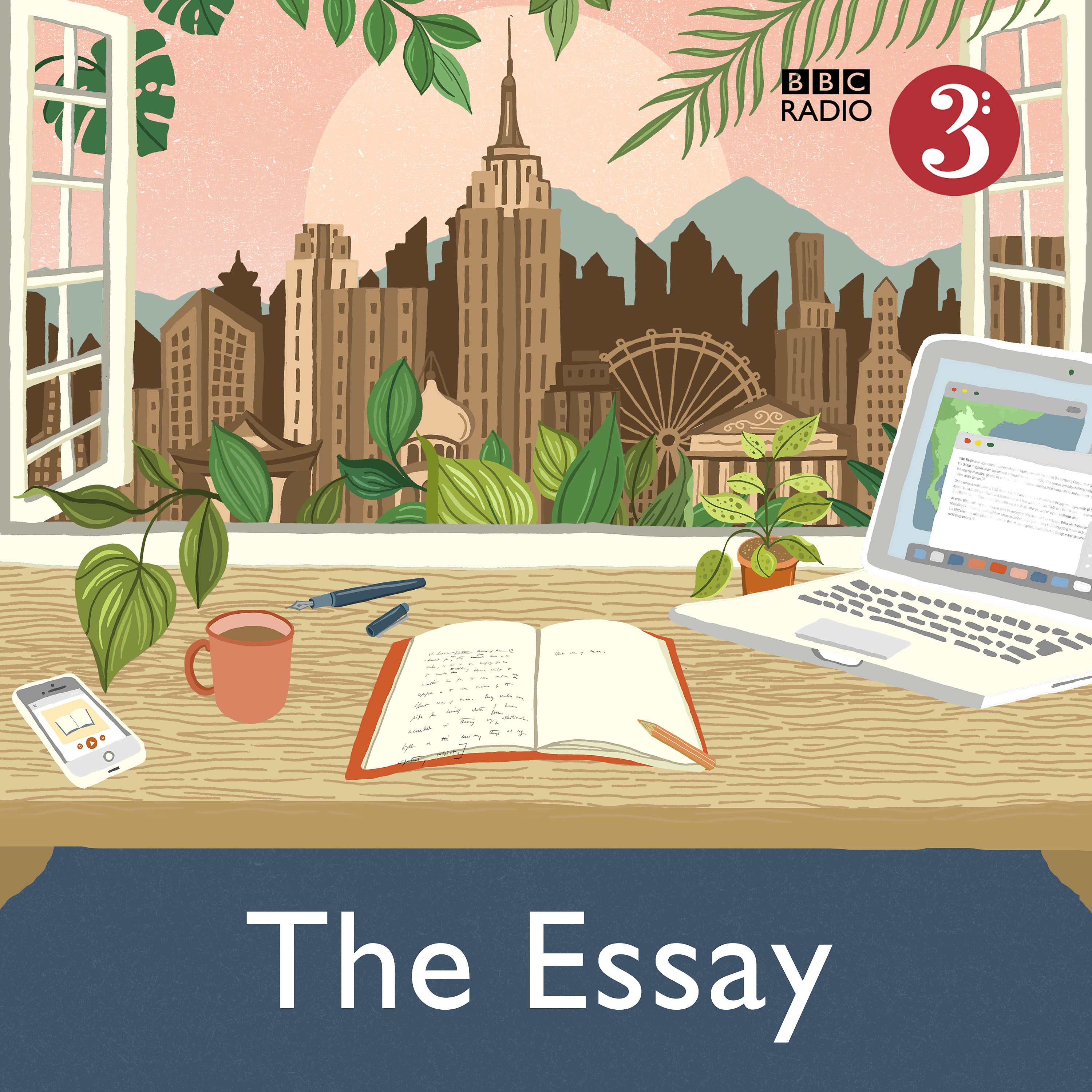- Culture
- SEE MORE
- classical
- general
- talk
- News
- Family
- Bürgerfunk
- pop
- Islam
- soul
- jazz
- Comedy
- humor
- wissenschaft
- opera
- baroque
- gesellschaft
- theater
- Local
- alternative
- electro
- rock
- rap
- lifestyle
- Music
- como
- RNE
- ballads
- greek
- Buddhism
- deportes
- christian
- Technology
- piano
- djs
- Dance
- dutch
- flamenco
- social
- hope
- christian rock
- academia
- afrique
- Business
- musique
- ελληνική-μουσική
- religion
- World radio
- Zarzuela
- travel
- World
- NFL
- media
- Art
- public
- Sports
- Gospel
- st.
- baptist
- Leisure
- Kids & Family
- musical
- club
- Health & Fitness
- True Crime
- Fiction
- children
- Society & Culture
- TV & Film
- gold
- kunst
- música
- gay
- Natural
- a
- francais
- bach
- economics
- kultur
- evangelical
- tech
- Opinion
- Government
- gaming
- College
- technik
- History
- Jesus
- Health
- movies
- radio
- services
- Church
- podcast
- Education
- international
- Transportation
- Other
- kids
- podcasts
- philadelphia
- Noticias
- love
- sport
- Salud
- film
- and
- 4chan
- Disco
- Stories
- fashion
- Arts
- interviews
- hardstyle
- entertainment
- humour
- medieval
- literature
- alma
- Cultura
- video
- TV
- Science
- en
1920s, Reviving Old Ayres

b'
The BBC has had a powerful influence on our musical taste, and in this BBC centenary year, Nicholas Kenyon, a former controller of Radio 3 and director of the Proms, delves into the archives to explore the BBC\\u2019s role in reviving the centuries of early music from before the 18th century. In five programmes he looks at the rare repertory which the BBC broadcast, from its small beginnings in the 1920s to its acceptance in the mainstream during the 1970s. Drawing on entertaining and illuminating extracts from the BBC archives, with original music recordings, Kenyon shows the way in which early music and period-style performance gradually became part of our musical consciousness and an essential part of our listening.
In his first essay, Kenyon explores how in the 1920s there was a new approach to performing the music of past, which tried to recreate the scale and sound of the music when it was written. Pioneers on the radio included Percy Warlock (pen-name of the composer Philip Heseltine) who broadcast \\u2018Old Ayres and Keyboard Music\\u2019, and claimed that \\u2018there is no such thing as progress in music. A good work of 300 years ago is just as perfect now as it was on the day it was written\\u2019. The quirky Violet Gordon Woodhouse, who famously lived with four men, was the first to record and broadcast on the harpsichord. The violinist Andr\\xe9 Mangeot, who was fictionalised in a book by Christopher Isherwood, worked with Warlock to revive viol music of Henry Purcell from 1680. But there were internal BBC controversies as to whether this early music was of real interest to listeners.
Presented by Nicholas Kenyon\\nProduced by Melissa FitzGerald
'